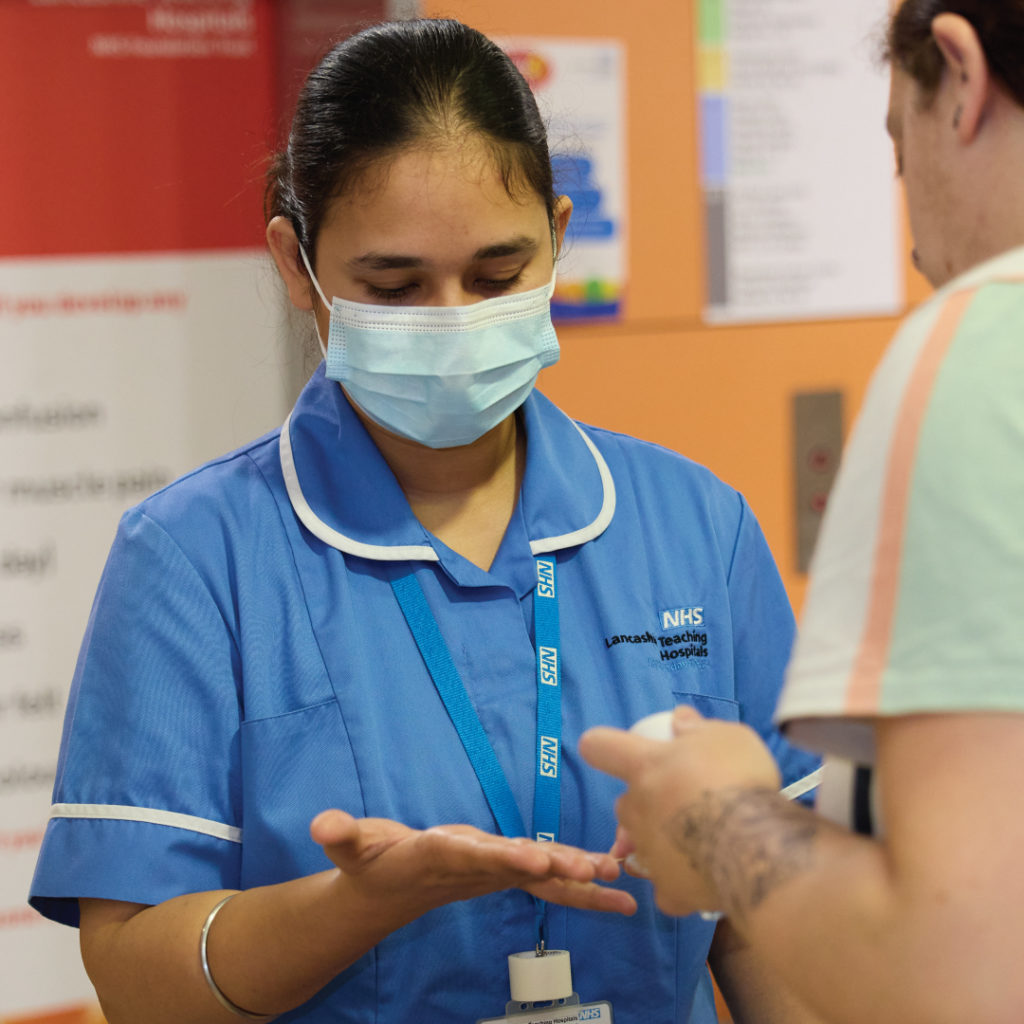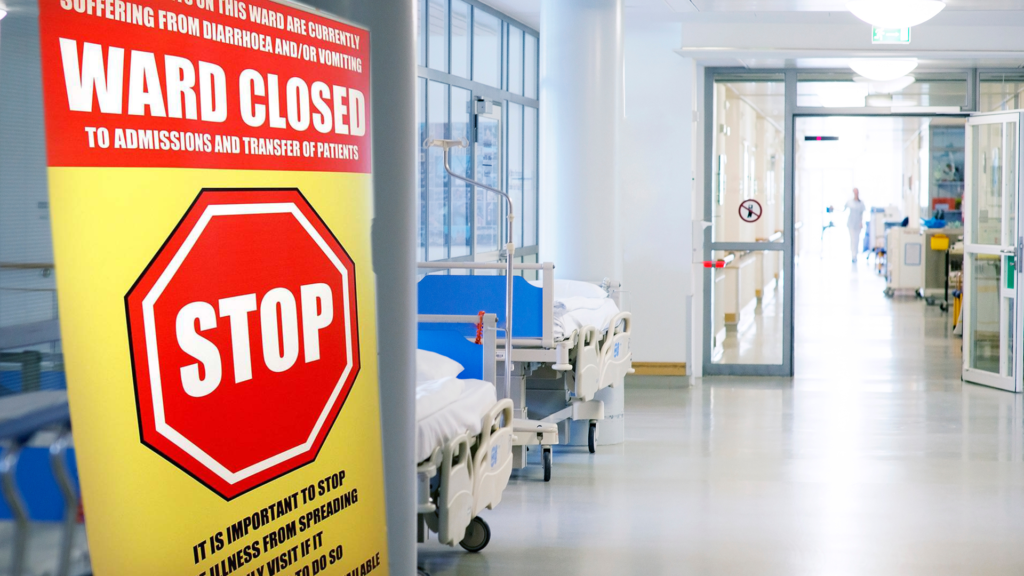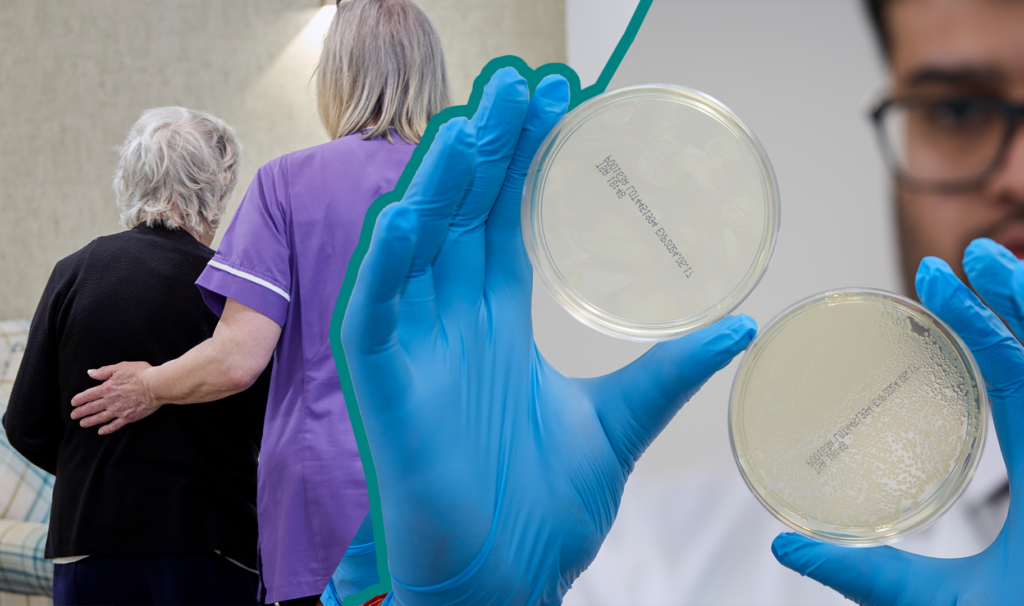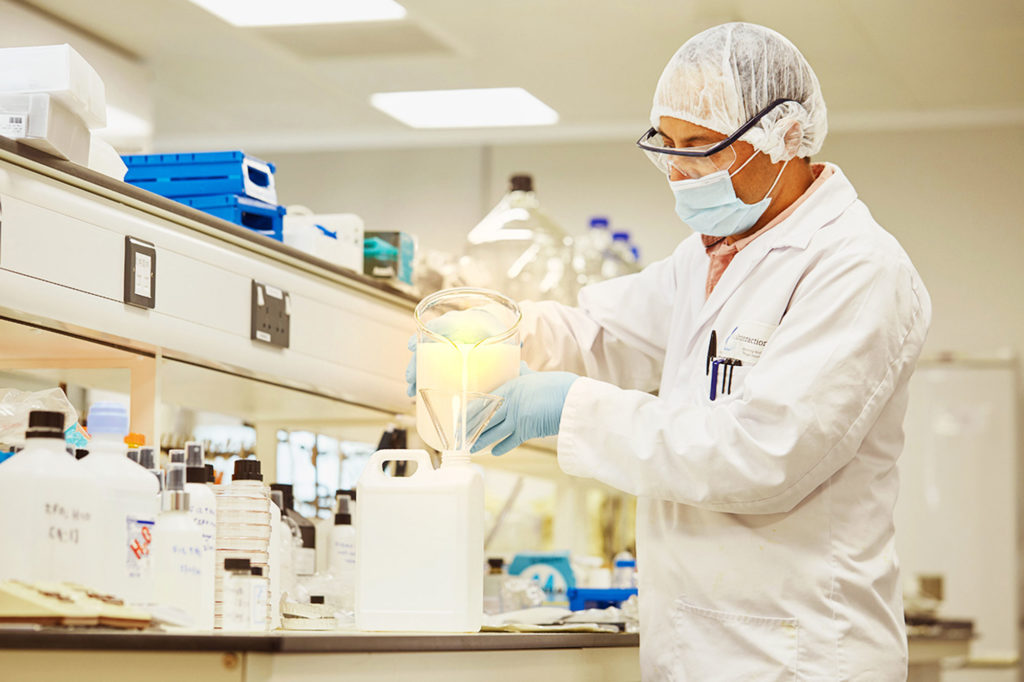Primel demonstrates superior efficacy and sustained antimicrobial effect in the first of its kind clinical trial at Lancashire Teaching Hospital Trust; results prove the need for change in healthcare hand hygiene procedures
UK Breaking news
11th December 2024: Primel, a leading provider of innovative infection prevention infrastructure, has announced the results from a first-of-its-kind clinical trial at Lancashire Teaching Hospital Trust of its Primel Active Hand Shield (PAHS) technology. In the trial, PAHS demonstrated an average of 91% higher antimicrobial efficacy after 1 hour, compared to the current standard of care hand sanitizer at 15 minutes. This is the world’s first-hand hygiene product that has both a broad spectrum of antimicrobial activity and long lasting (residual) efficacy, so providing much improved protection for patients. Use of this innovative product will improve patient safety, addressing the current challenges of hand hygiene compliance by healthcare workers, and reduce the cost and burden of healthcare associated infections. These unrivalled efficacy results that include the first broad spectrum efficacy with sustained protection, that is effective against pathogens such as MRSA, Clostridium difficile and norovirus. This highlights the evolution of Primel’s infection prevention solution and provides an opportunity to review national and international health policies for safer hand hygiene.
“With hospital-acquired infection rates such as Clostridium difficile currently increasing annually within UK hospitals, and the challenges of spreading antimicrobial resistance, new solutions are needed to cut infection risks in healthcare settings,” explains Prof Mark Wilcox. “The results from the Lancashire Teaching Hospital trial show Primel Active Hand Shield’s superior efficacy over current alcohol hand hygiene sanitisers that are in widespread use in the NHS. This novel hand hygiene product offers the chance to break the infection transmission cycle and, importantly, provide increased safety for patients, healthcare professionals and visitors. Going forwards, infection prevention guidelines need to consider this novel way of improving hand hygiene” he concludes.
The Lancashire Teaching Hospital Trust’s trial results demonstrated that the application of PAHS provides users with superior protection against a broad spectrum of pathogens, including some of the most drug-resistant microbes, on immediate application and over a continuous period as well as showing less transfer of pathogens to surfaces, compared to a traditional hand sanitiser. After immediate application Primel Active Hand Shield was 98% effective and after 1 hour still 92% effective, therefore maintaining protection on hands better than a standard alcohol-based hand sanitiser, which dropped its efficacy considerably from 97% to 68%, respectively in 15 minutes. In addition, Primel Active Hand Shield proved it was on average 76% more effective than traditional hand sanitisers in reducing the transmission of microbes from contaminated hands to a surface.
“In collaboration with Primel, we developed this trial to measure the immediate and residual antimicrobial activity on the hands of staff treated with Primel Active Hand Shield in comparison with an alcohol-based hand sanitiser,” explains Dr David Orr. “The results from this trial have been very encouraging, and the feedback from our staff was very positive. Poor hand hygiene compliance is a widespread problem in healthcare services and is nationally reported to be between 40% to 60% (NHS England GE3 Hand Hygiene Technology Scheme: rationale for inclusion section. March 2016. Available at: https://www.england.nhs.uk/wp-content/uploads/2016/03/ge3-hand-hygien-tchnlgy.pdf.)
The deployment of this product could dramatically reduce the infection control risk associated with poor hand-hygiene compliance, because, even if hands are decontaminated less frequently than currently recommended, the product will continue to provide protection. My hope is that we can expand the use of Primel’s product more widely across the hospital and therefore start to tackle the challenge of bringing down HAI rates and importantly provide better safety & security for our patients.”
“This trial has demonstrated that Primel Active Hand Shield offers superior protection to the more traditional alcohol-based hand sanitisers thanks to our key differentiator: increased sustained efficacy against a broad spectrum of pathogens,” says Arjun Luthra, CEO of Primel. “By offering this innovative technology, our solution adds an additional dimension to hand hygiene, by allowing users to reduce the transmission of pathogens on surfaces by their touch to further enhance the effective stopping of the spread of pathogens. The next step for us is to roll out our Active Hand Shield solution throughout the NHS, whilst also implementing a change at policy level, working with all UKHSA stakeholders. Our organisation is fully focused on tackling the continued financial burden whilst reducing the patient risk of HAIs with breakthrough technology.”
Notes to editors
For press & media enquiries please contact the Kredo Consulting team: +44 (0)1242 650571
| Isabel Pedreira | Andy Parker | Steve Thomas |
| isabel@kredoconsulting.com | andy@kredoconsulting.com | steve@kredoconsulting.com |
About Lancashire Teaching Hospitals Protocol:
The Lancashire Teaching Hospital Trust trial was set up to measure, in a controlled hospital environment, the efficacy of Primel Active Hand Shield (PAHS) against an alcohol-based hand sanitiser (ABHS) to measure its effectiveness on hand contamination and pathogen transmission. Scientists from … measured 1) the immediate and residual antimicrobial activity on the hands of staff treated with either PAHS or ABHS, 2) the transfer of microbes to a sterile surface from the hands of staff treated with either PAHS or ABHS after carrying out their daily routine, 3) the change in contamination of microbes by hands treated with either PAHS or ABHS touching a defined inoculated surface area and 4) the new hand hygiene regimen to be used in healthcare facilities. 48 HCPs participated in each group across the two week period to compare PAHS and ABHS (link to the full trial methodology).
About Primel®
Primel® is committed to creating the most trusted and highest quality infrastructures which improves health outcomes of all individuals in all spaces with state-of-the-art systems that no one else can build.
Our mission is:
- to evolve the global standards and quality of health, care and living of all lives.
- to enhance the integration of state-of-the-art health, contamination, infection prevention, disinfection management, treatment infection prevention infrastructures across the globe, for improved access.
- to create a higher quality , healthier, safer and stronger world system that improves health outcomes and life-expectancy for all within every space.
Primel®’s ground-breaking technology creates a paradigm shift in the development of antimicrobial materials and enhances infection prevention solutions for all surfaces including medical implants, skin, fabrics as well as large and small hard surfaces. The innovation behind Primel® is the advanced TridAnt® technology, which is a biocompatible polymeric matrix that creates a protective coating over a wide range of surfaces. TridAnt® is able to kill spores, non-enveloped and enveloped viruses, gram-positive and gram-negative bacteria as well as drug resistant bacteria and yeast, for extensive periods without any noticeable reduction in efficacy. As a result, TridAnt®-coated surfaces enable you to spread protection against the broadest spectrum of pathogens creating the fastest, most effective, most durable and safest shield with the longest continuous residual efficacy against pathogens.
For more information, click here: https://primel.com/.



